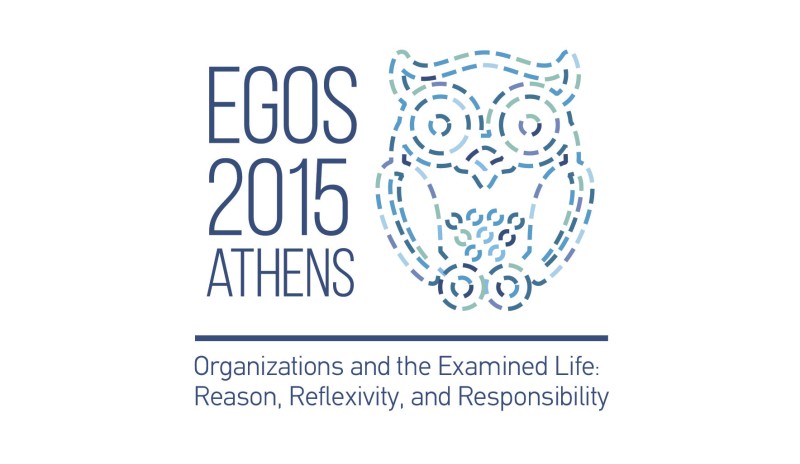Sub-theme 15: (SWG) Creativity, Reflexivity and Responsibility in Organizational Ethnography
Call for Papers
Organizational Ethnography (OE) nowadays faces a threefold challenge: to creatively explore changing and multifaceted organizations; to reflexively question the choices and assumptions which sustain the researchers' relationships with people they interview and follow; to responsibly consider the relevance and impact of the research on the organizations and their members.
- Creativity is "having the sense or quality of being created rather than imitated" (Janesick, 2001: 532). Researching creatively thus implies finding ways to see differently and discovering something new or unusual; using multifold sources of knowledge – mind, body and emotion – but also questioning taken-for-granted research practices by maintaining a critical approach (Breunlin & Regis, 2009).
- Reflexivity means not only examining how researchers’ assumptions and actions influence others (Koning & Oio, 2013, Mahadevan, 2011), but also how the researchers' body, feelings and emotions impact their interactions and engagement in the field (Turner & Norwood, 2013). From a critical perspective, finally, reflexivity requires researchers to be aware of their culture, discourse and ideology, and make explicit whether and why some individuals and groups might be marginalized by their research.
- Responsibility implies to be sensitive to the ongoing constructed relationship between researchers, participants and other stakeholders, in a way that guarantees transparency, equity, and integration of divergent interests (Cunliffe & Karunanayake, 2013). Responsibility also means considering the impact of researchers' accounts on the organizational practices, on their development or change.
This sub-theme aims to provide room for discussion about these
challenges and their impact on the OE headwork, fieldwork and textwork (Van Maanen, 2011). We therefore invite both theoretical
and methodological papers that focus on the challenges of being creative, reflexive and responsible at all stages of an OE
research. We would be interested in papers with a much more critical approach than traditional ethnography. Among others,
we welcome contributions on the following issues:
- How to deal with creativity, surprise and discovery in approaching problems, using research tools and writing OE?
- What does it mean to be reflexive in OE headwork, fieldwork or textwork? Are there specific tools and settings for enhancing reflexivity? How do feelings, emotions and body facilitate or impede the researcher's reflexivity?
- How to address responsibility and ethical issues in designing, conducting and writing OE? How to responsibly deal with the research relevance and impact on the participants' and other stakeholders' agenda?
References
- Breunlin R., & Regis, H.A (2009): "Can there be a critical collaborative ethnography? Creativity and activism in the seventh ward." Collaborative Anthropologies, 2, 115–146.
- Cunliffe, A., & Karunanayake, G. (2013): "Working within hyphen-spaces in ethnographic research: implications for research identities and practice." Organizational Research Methods, 16 (3), 364–392.
- Janesick, V. (2001): "Intuition and creativity: a pas de deux for qualitative researchers." Qualitative Inquiry, 7 (5), 531–540.
- Koning, J., & Ooi, C.-S. (2013): "Awkward encounters and ethnography." Qualitative Research in Organizations and Management, 8 (1), 16–32.
- Mahadevan, J. (2011): "Reflexive guidelines for writing organizational culture." Qualitative Research in Organizations and Management, 6 (2), 150–170.
- Turner, P., & Norwood, K. (2013): "Body of research: impetus, instrument, and impediment." Qualitative Inquiry, 19 (9), 696–711.
- Van Maanen, J. (2011): "Ethnography as work: some rules of engagement." Journal of Management Studies, 48 (1), 218–234.


